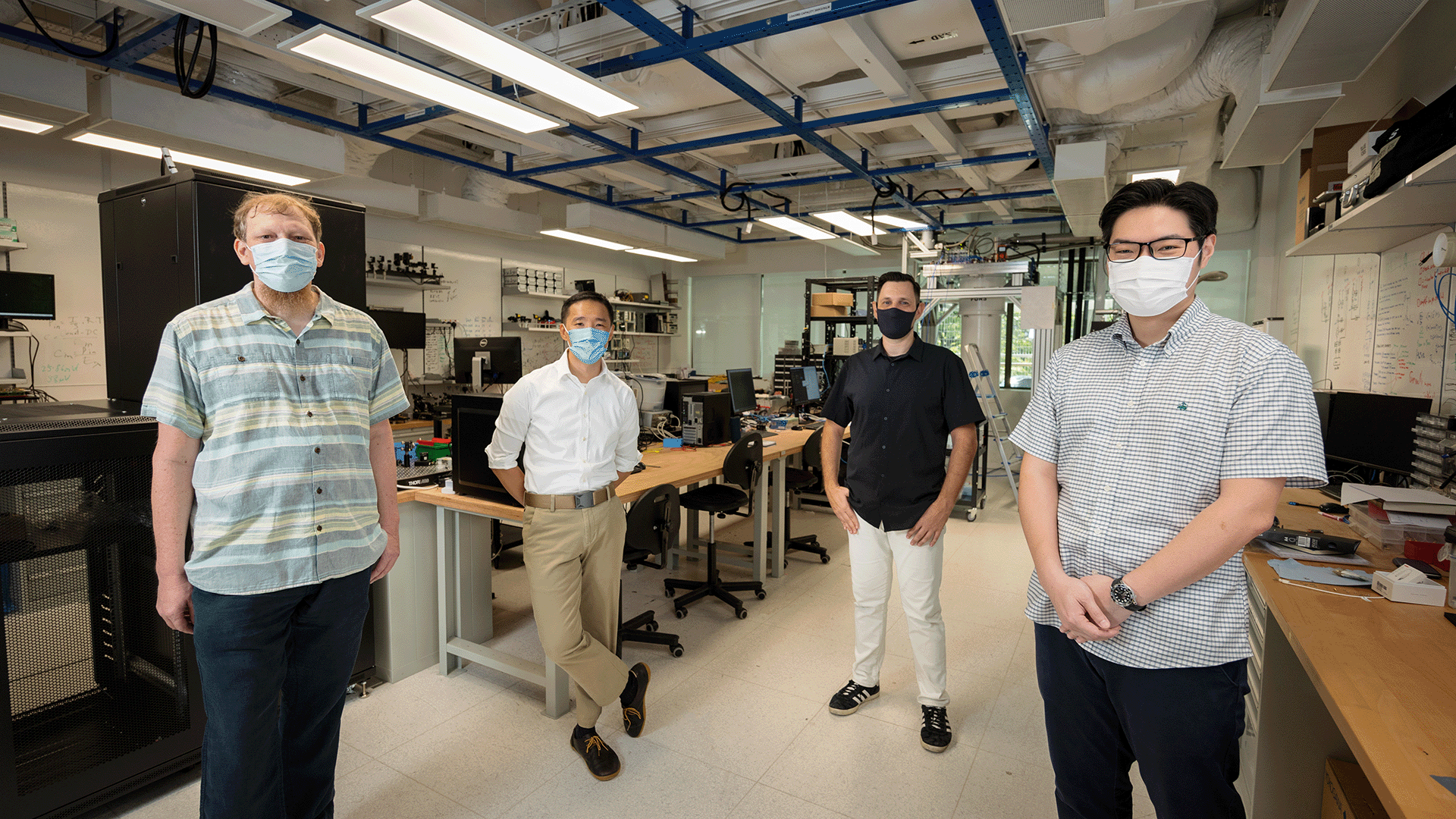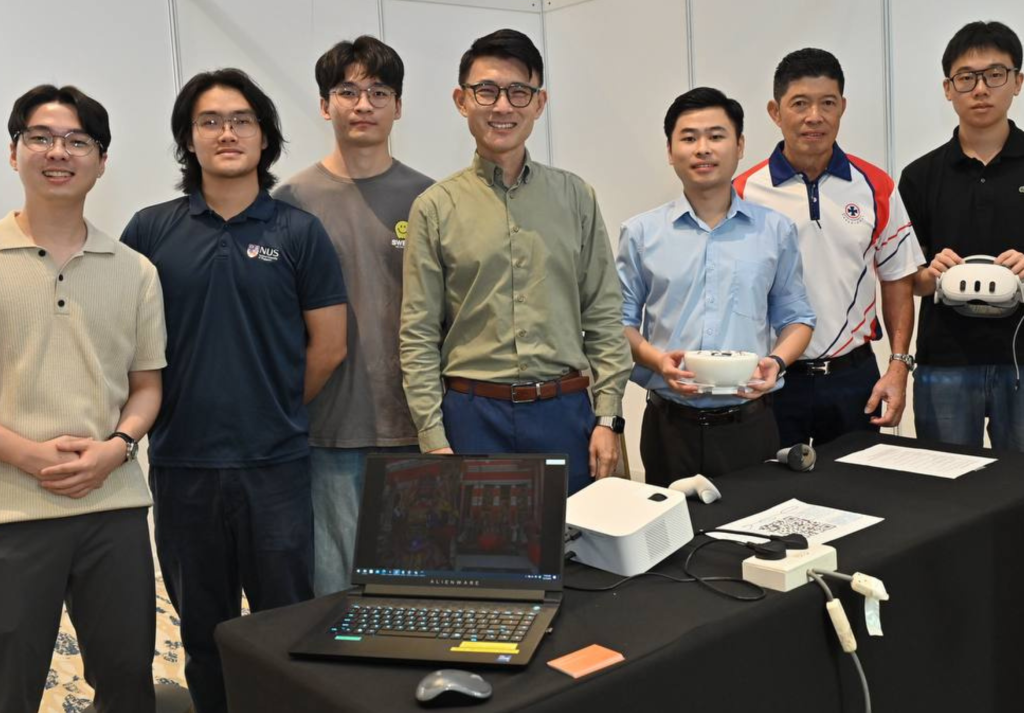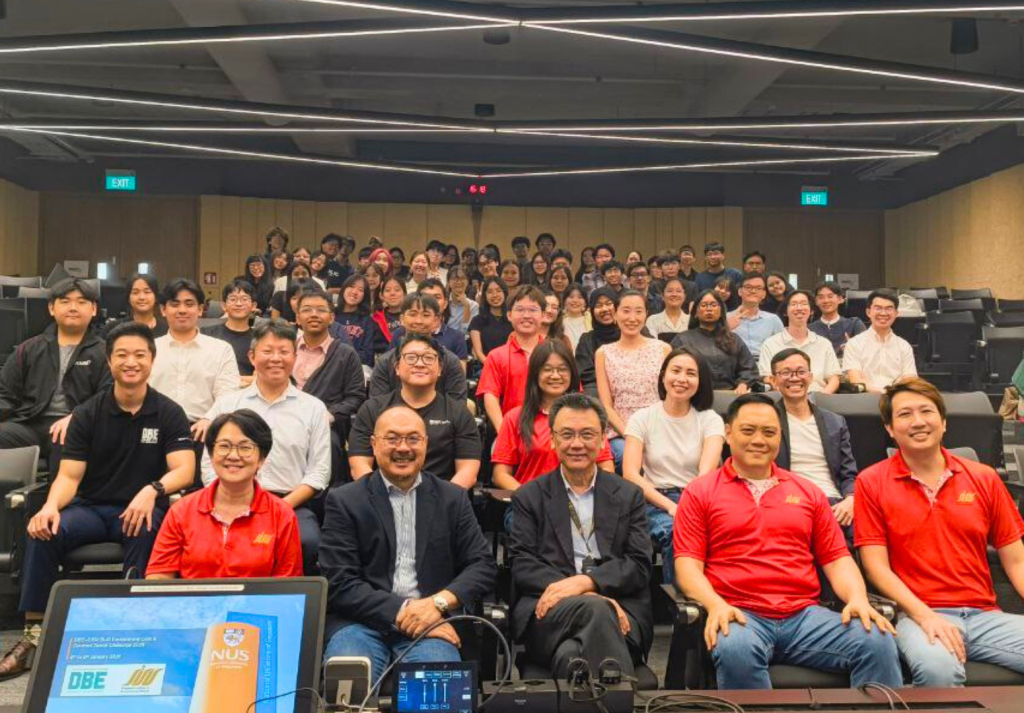
Singapore's Quantum Engineering Programme (QEP), hosted at NUS, will start conducting nationwide trials of quantum-safe communication technologies that promise robust network security for critical infrastructure and companies handling sensitive data.
The trials will see the launch of the new National Quantum-Safe Network (NQSN) with Assistant Professor Charles Lim, from the NUS Department of Electrical and Computer Engineering and Centre for Quantum Technologies, taking the role of lead Principal Investigator (PI).
Quantum-safe communication technologies are designed to counter the threats to network security posed by quantum computing with specialised hardware and new cryptographic algorithms. Such technologies could secure communication systems for governments, critical infrastructure such as energy grids, and companies handling sensitive data in areas such as healthcare and finance.
The NQSN will deploy commercial technologies for trials with government agencies and private companies, conduct in-depth evaluation of security systems, and develop guidelines to support companies in adopting such technologies.
"Singapore can build on its heritage in quantum science, optics and cybersecurity engineering to become a trusted global provider of quantum network technology and services," said Asst Prof Lim.
"In NQSN, we will bring quantum innovation to deployed optical networks, where we can study operational issues such as a quantum network's reliability and resilience together with our industry partners."
Supported by the National Research Foundation, Singapore (NRF), the project kicks off with 15 private and government collaborators bringing expertise, equipment and use-cases to the project. Hosted by NUS, the initiative will receive S$8.5 million over three years.
For more information, click here see the full press release at NUS News





